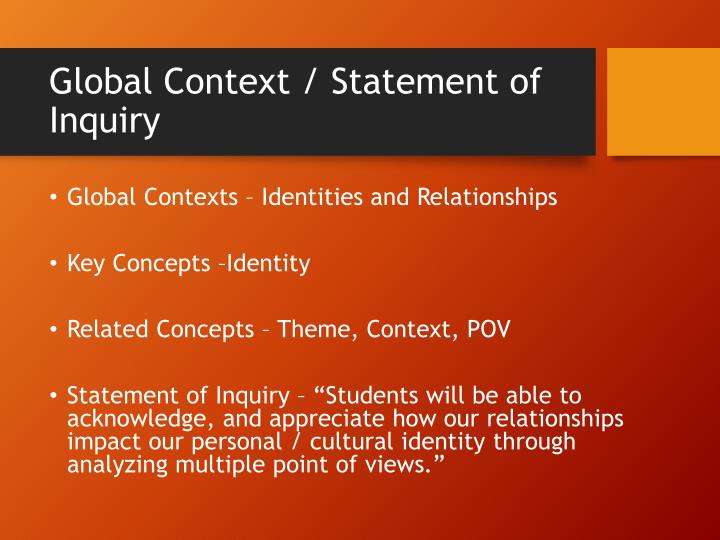

These requirements are related to the expectations placed on learners (Cichoń, Piotrowska 2018), and their implementation involves the need to choose appropriate strategies and methods of education (Piotrowska et al., 2019 Markuszewska et al., 2018 Butt, 2010).Several and repeated attempts have been made to say what objectivity consists of and why it should be pursued in research. Therefore, education in the field of the presented issues should be held in an appropriate (multifaceted, creative) way, using modern information and communication (ITC) technologies, adapted to the needs of learners (pupils/students) taking into account the curriculum requirements. Therefore, at all levels of education it is necessary to provide knowledge of ongoing changes, shape practical skills and foster the acquisition of appropriate attitudes to care for the state of individual components of the geographical environment. These include climate change, biodiversity loss, the nitrogen cycle, phosphorus, ocean acidification, land use, freshwater, ozone depletion, atmospheric aerosols, and chemical pollutants (Rockström et al. (2009) as indicators of Earth system resilience. These issues are consistent with the planetary boundaries identified by J. 5) emphasizes the importance of “deepening understanding of many contemporary challenges such as climate change, water management, food security, energy choices, overexploitation of natural resources and urbanization”. The adopted International Charter on Geography Education (2016, pp.

To date, a significant commitment has been made by an international scientific group, The Commission on Geographical Education of the International Geographical Union, aiming to create a common perspective on geographical education (Van der Schee, 2014). A common vision of geographical education aims to prepare people (not only the youngest generations) to respond to the problems of the modern world (Bednarz et al., 2013). This is due to the need to properly understand the environmental challenges that affect almost every corner of the Earth. Lambert (2014) the creation of a unified strategy for geographical education. The intensity and dynamics of these phenomena require appropriate actions in education, in particular, according to G. The global challenges of melting ice sheets in the northern hemisphere, rising global ocean levels, increased methane released from permafrost, limitations in access to water resources, are primarily associated with climate change, influenced by humans and their various activities. Content contexts were proposed for the respective strategies: IBSE (global warming), ALS (ice sheet changes), and PBL (water resources and retention). A general characterization was made, and then a proposal for their application to geography education classes was prepared. The chapter presents three educational strategies: teaching through scientific inquiry (IBSE), anticipatory learning strategy (ALS), and teaching through project-based learning (PBL). Thus, the mentioned problems of the modern world require the selection of appropriate educational strategies. At all levels of education, it should therefore provide knowledge about the changes taking place, shape practical skills, and foster the acquisition of appropriate attitudes in caring for the state of individual components of the geographical environment. Geographical education is of particular importance in this regard.


AbstractThe global challenges of melting ice caps, rising global ocean levels, increased methane release from permafrost, and restrictions on access to water resources are primarily associated with climate change.


 0 kommentar(er)
0 kommentar(er)
